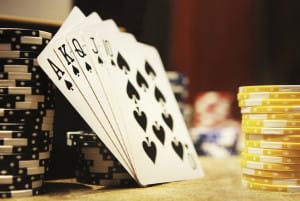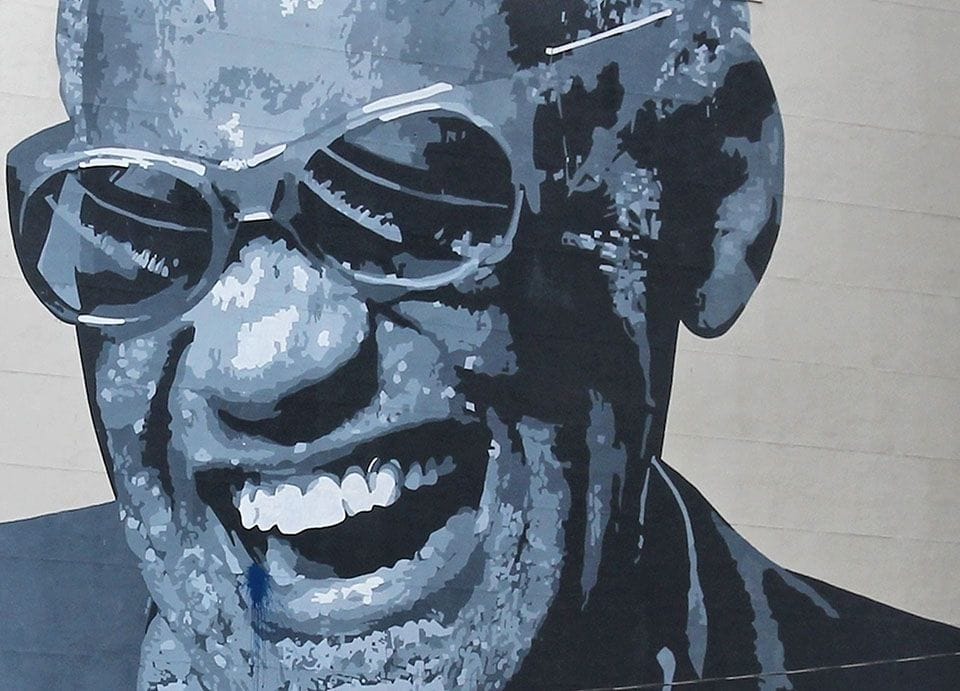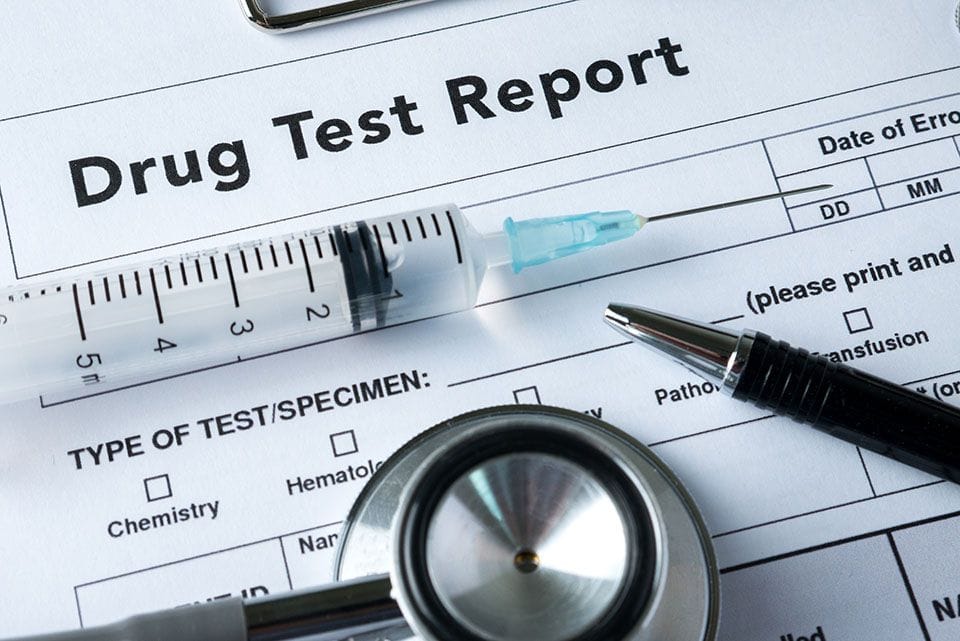At one time, a person had to travel to Atlantic City or Las Vegas in order to participate in heavy-duty gambling. Today, gambling is available almost everywhere. Many states allow casinos and sell lottery tickets. Fantasy football and casino-style gaming can be accessed online 24/7. This means that it is easier than ever to develop a gambling addiction. When that happens, more than the gambler is adversely affected.
How It Starts
Usually a compulsive gambling problem starts off innocently enough, maybe just playing the state lotto once a week or betting on major sporting events. But then it progresses to daily gaming or ticket buying, and pretty soon the person’s preoccupation with gambling has crossed a dangerous line. Part of what makes addiction so frightening is that the compulsion to engage in the behavior overrides all the warning voices of better judgment. In the case of gambling, the individual will continue to spend money in order to recover previous losses. Eventually only a very substantial win can generate enough dollars to hide the string of financial losses.
No One Knows Until the Problem Is Serious
With gambling, secrecy is also part of the problem. Often, no one else in the family realizes how often the person is gambling or how much money is being spent on gambling. The losses are frequently extreme by the time family members become aware. Savings, retirement accounts, college funds and investments may all have been pilfered and compromised. Once the damage is discovered, family members feel buried in an avalanche of anger, disbelief and a sense of betrayal. Shame is another overpowering consequence of compulsive gambling. The gambler is ashamed to be sure, but suddenly, so too are the family members. As the family hides away from public censure, everyone becomes increasingly isolated. Soon a fog of depression invades the home and members become tense and resentful toward one another.
Everyone Will Need Help Recovering
There is a way out of the anger and depression just as there is a way out of the gambling addiction. Everyone will need to come forward and ask for help. The gambler will need help re-training thinking and coping responses. Family members can also benefit from support and counseling. In some instances, family members will want to meet with the same counselor as the gambling family member to help rebuild trust. Support group meetings for family members can also be useful by providing hurting family members with a safe and understanding social network. The bottom line is that while compulsive gambling definitely hurts the gambler, it never hurts him or her alone. Problem gambling does tremendous damage to the entire family. The good news is there is hope for recovery and for healing.



